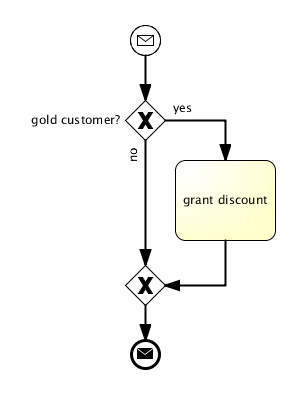Although there is a greater likeliness of success in Scrum projects than in non-Scum projects, Scrum projects sometimes fail as well. If you ask the people involved in failed Scrum projects, they quickly accuse Scrum of being the cause for the failure. They claim to have done everything that Scrum requires, but failed, so the method is blamed.
In agile software development the most important factor is the team, the team and … … yes, the team. But a common misconception is that you just have to put together a few people to get a team that performs well. This is completely wrong, as a group of people is something very much different than a team. A group is just a bunch of individuals who neither strive for the same aim nor have a deep common understanding of the project. And they often do not trust each other enough to perform well. A team is different. People in a team trust each other, they strive for a common aim and share a deep understanding. And they have fun doing what they do. But how can a group be turned into a team?
There are well known social processes that every group has to undergo to become a team. One of those processes is the Tuckman principle of forming, storming, norming, performing (and adjourning). In their readable article Teamwork: Why teams are more successful than groups. Dr. Eberhard Huber and Sven Lindenhahn describe key factors of successful agile teams. This very much matches my expericence both as team member and coach of Scrum teams. It is essential that the group undergoes a productive storming phase in which an internal hierarchy and decision making structure is cultivated. This can be hard and tiring, but is essential for success. The key is to bring together the right mixture of individuals who have the interpersonal skills to find their place in a larger group of people in a constructive way. The ability to make compromises is important.
And even agile teams need leadership! Not from the outside in form of a project manager, but rather from inside the team. There must be people with the interpersonal and technical skills to take leadership. The authority can’t be given by management, but needs to be earned every day. Personality is key.
If you staff your next agile team, make sure you have the right mixture of skills on board. I am not talking about just technical skills, that’s self-evident. Technical knowledge can be easily shared in an agile context. What I mean are personal skills such as:
- Ability to make compromises
- Ability to accept constructive criticism
- Ability to take responsibility
- Ability to take leadership when needed
Don’t expect that the team works in harmony from day one. It is absolutely normal that the team members argue a lot, especially at the beginning. This is not a sign of bad team constellation. It is rather a natural step towards a productive agile team.








